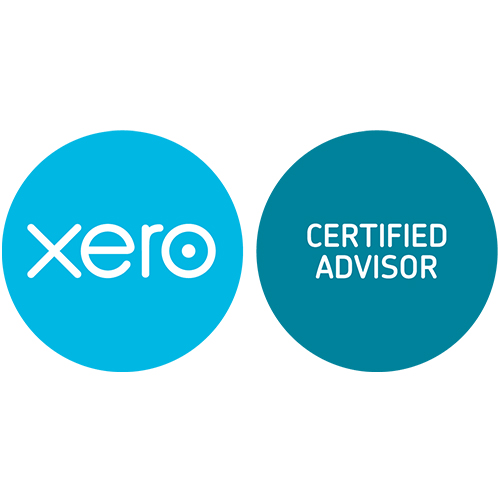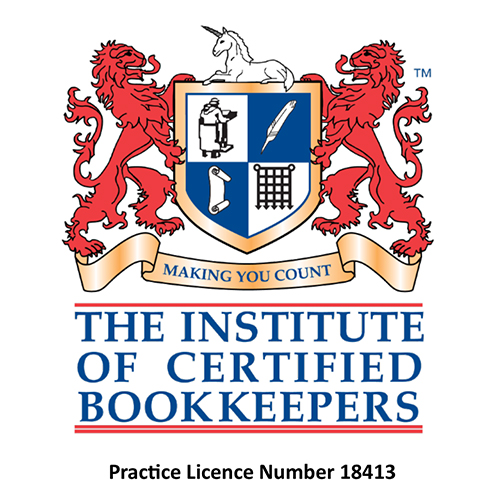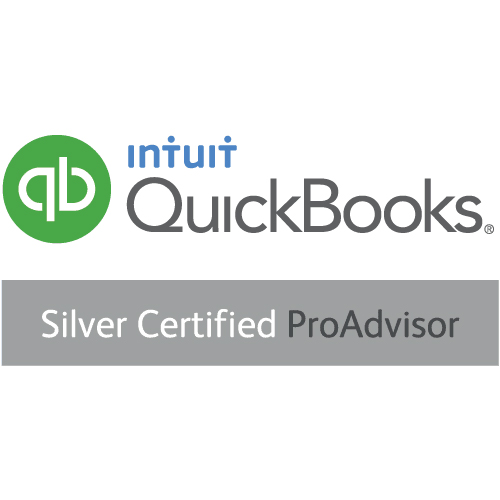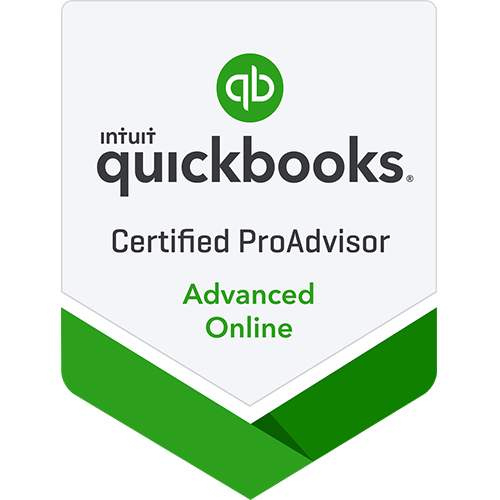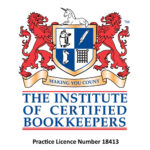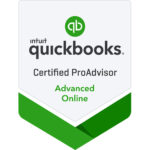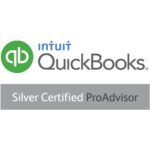A growing business generates a lot of paperwork, whether it’s in paper or digital form. Keeping your financial records in order and doing your bookkeeping properly will save you from a massive headache when it’s time to sort your year-end accounts. If you’re just starting out, here’s how to make sure you’re on the right track with your business bookkeeping from the beginning.
Track your incomings
If you send out invoices that don’t get paid or don’t know how much you’ve made in sales, you’ll have no idea whether your business is succeeding or not. Keep accurate records so you know exactly what’s coming in. This can also help you to keep on top of overdue invoices and act before they create a cash flow problem. It’s particularly relevant if you use traditional accounting as you’ll be taxed on invoices that haven’t been paid.
Watch your expenses
Keeping organised receipts for your expenses won’t just tell you whether you’re spending more than you’re earning and submit an accurate tax return. It can also help you to claim tax allowances which can reduce your overall bill. We’ve talked about keeping your receipts organised before and it’s well worth doing.
Your accountant will be able to give you more detailed guidance about what’s an allowable business expense and what isn’t.
Do your filing
Yes, we know it’s boring, but the last thing you want is to pay more tax than you need to because you can’t find the right documents. This doesn’t just apply to receipts. Make sure your bank statements and invoices are in date order and that you have separate files for invoices that have been paid and the ones that are still outstanding. That will make life easier for you when it comes to chasing payments.
Use the right software
You can keep your accounts using an Excel spreadsheet if you want to but going digital can make record keeping a whole lot easier. Some programs allow you to take a photograph of your receipt and file it digitally, so you don’t need to keep the paperwork at all. When you start out by using accounting software for your small business bookkeeping it makes life a lot easier as your business grows, because it can adapt with you.
Review your monthly accounts
We hope we don’t need to tell you this, but if you aren’t already reviewing your finances every month as a minimum, please start. It helps you to spot any cash flow issues before they get out of hand. You’ll also be able to see if you’re overspending. All in all, it means that you’ve got a good grip on the overall health of your business.
Outsource if you need to
As your business grows you might find that you spend more and more time on bookkeeping tasks, simply because there’s more paperwork to deal with. We know that it can feel as if you’re saving money by doing it yourself instead of outsourcing to a bookkeeper, but that won’t be the case if you’re spending time on bookkeeping when you could be generating sales. A professional bookkeeper will get your records in order and save you time.
Any questions?
Is it time for you to outsource your bookkeeping? We’d love to answer any questions you have about this topic and anything else relating to your business finances. You can get in touch on our contact page or drop us a message on Facebook.






